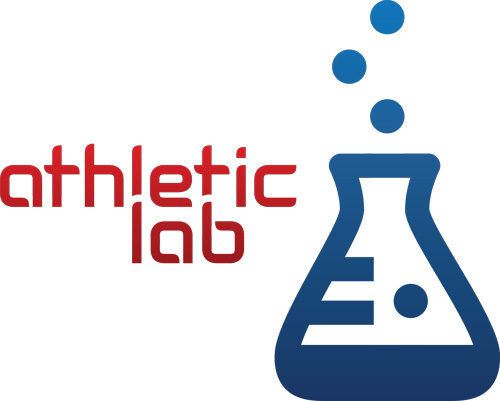By: Yong Park, Sports Performance Specialist
Raleigh Orthopaedic Performance Center
Whether you play a sport recreationally or competitively, hopefully we all play because we enjoy it. Many times we reach a stage in our athletic lifetime where we get more serious about performance and doing well in our sport. So what do we do? The most common options are to begin practicing our sport outside of games such as performing drills, specific plays, and technique/form work on running, jumping, throwing, etc. Possibly throughout your athletic career, strength and conditioning might have also been introduced. All of these training methods are great opportunities to improve performance in your sport.
So how is specificity involved in sport performance? The rule of specificity states that training should closely match the activity that you wish to improve. The more relatable the training, the more benefit it will have towards reaching your goals. The less specific, the more time it may take towards reaching those goals. For example, a common goal for competitive athletes would be to win the final game of a major tournament. If we were to rank each training method based off that goal in terms of specificity, playing and winning games would rank highest, going to practice/training specific parts of the sport would come second, and strength and conditioning would come third as it is more general than the previous two. If we were to get even more specific, winning difficult games would be more beneficial than winning easy games as you’d most likely be facing difficult opponents in the finals of a tournament. Another example would be if the goal was to jump higher, weighted box jumps would rank higher than knee extensions when strength training.
Rehabilitation/return to sport training is treated the same way. Often the main goal of sports rehab is recovery of an injury as well as injury prevention so that the athlete can safely return to play their sport. While there may be limitations on training and movement based on the severity of injury, especially in the beginning, the end goal is still to train with enough specificity so that the athlete can fully recover and safely return to play. A soccer player discharged from a healed ACL tear is going to have a much easier time playing if their rehab was designed to progress the function of the knee to safely perform soccer specific movements such as acceleration/deceleration, lateral, and multi-directional movement. If that same athlete was discharged only performing knee extensions and hamstring curls during their rehab and returned to play, it would take them a lot longer before they felt like they could play at one hundred percent and they would have an increased chance of re-injuring the knee.
Anytime you are training, whether it’s practice, rehab, or strength and conditioning, always analyze what you are doing and ask yourself, “How is this training helping me reach my goals?” If you are working with a coach or physical therapist, ask them. A good coach or therapist should know how to properly and effectively train you based on your sport’s needs. As an athlete, you are investing a lot of time and money to optimally reach your goals in your sport. Make sure you are being an active participant in your training so that you can have successful athletic career!
Yong Park, Sports Performance Specialist
Raleigh Orthopaedic Performance Center
Yong Park works at the Raleigh Orthopaedic Performance Center in Cary as a Sports Performance Specialist and works along side Sports Physical Therapist with patients. Yong has been in the strength and conditioning world for 4 years, working with various athletes and in the physical therapy setting for 2 years. He graduated from North Carolina State University with a bachelor’s degree in Nutrition Science and minor in Sports Science. He has trained in martial arts for over 10 years and currently trains and competes in the sport of Power lifting and Olympic Weightlifting.









